Articles
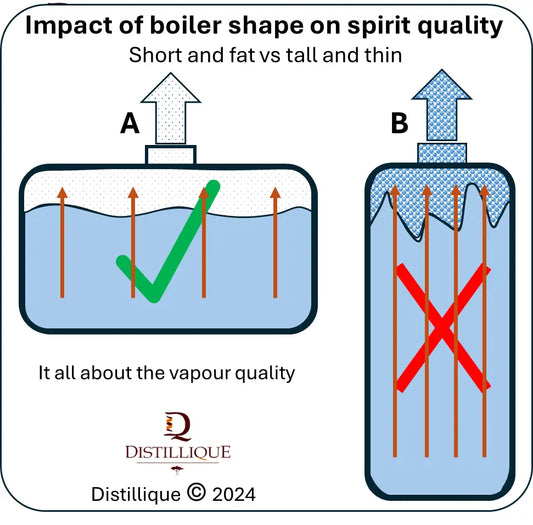
The impact of boiler shape on spirit quality du...
The shape of the boiler of your still has a great impact on the quality of your distilled alcohol. This article explains why it is so and how to get better...
The impact of boiler shape on spirit quality du...
The shape of the boiler of your still has a great impact on the quality of your distilled alcohol. This article explains why it is so and how to get better...

Can an Alembic head be upside down...and if so,...
Conical alembic heads of stills should not be installed upside-down as it negatively impacts both the quality of the spirits as well as the energy efficiency of your still.
Can an Alembic head be upside down...and if so,...
Conical alembic heads of stills should not be installed upside-down as it negatively impacts both the quality of the spirits as well as the energy efficiency of your still.
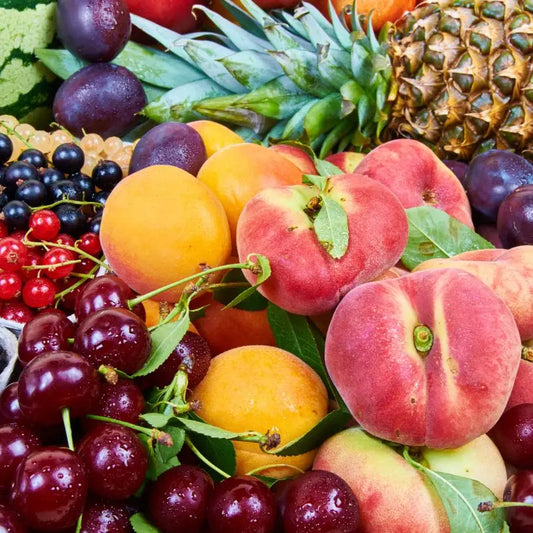
Raw Materials for Fermentation and Distillation...
Last month, we delved into the world of molasses as a key raw material for fermentation and distillation. This month, we turn our attention to the rich and varied world...
Raw Materials for Fermentation and Distillation...
Last month, we delved into the world of molasses as a key raw material for fermentation and distillation. This month, we turn our attention to the rich and varied world...
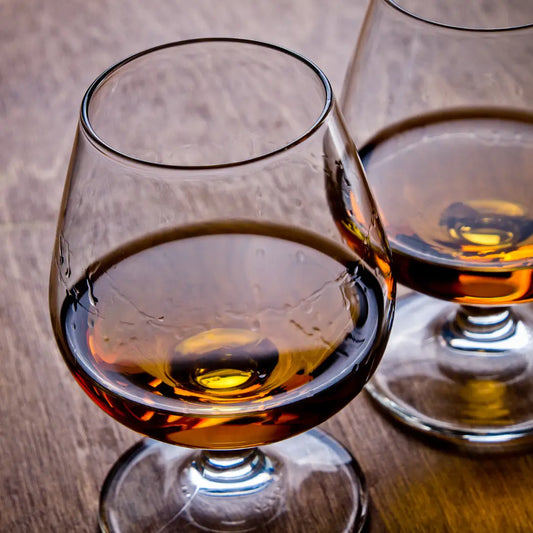
The History of South African Brandy
In 1672 an assistant cook aboard the Dutch ship ‘de Pijl’ anchored at Table Bay discovered the potential of local grapes and transformed 1164 Liters of Cape wine into 126...
The History of South African Brandy
In 1672 an assistant cook aboard the Dutch ship ‘de Pijl’ anchored at Table Bay discovered the potential of local grapes and transformed 1164 Liters of Cape wine into 126...
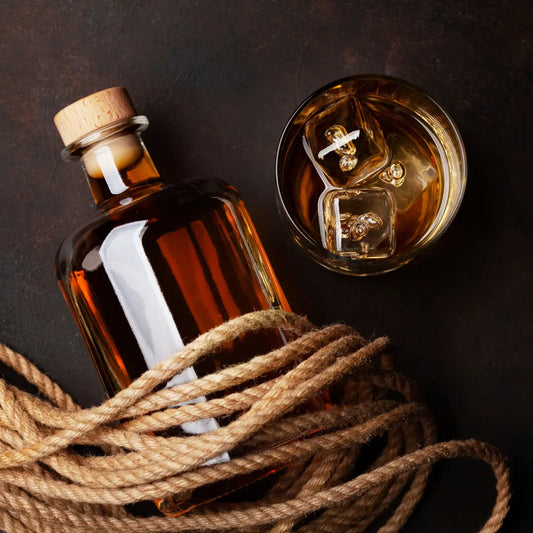
The Components of a True Rum
PLEASE NOTE: This article is aimed more at Commercial Distillers than Home Distillers. If your curiosity about spirits and the search for recipes and techniques begins and ends with adding...
The Components of a True Rum
PLEASE NOTE: This article is aimed more at Commercial Distillers than Home Distillers. If your curiosity about spirits and the search for recipes and techniques begins and ends with adding...
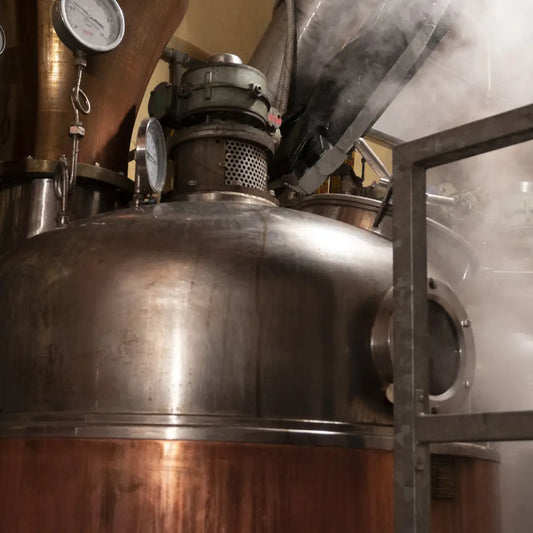
Dilution before Re-Distillation
Anyone who has ever done a double or even triple distillation of spirits will know that every time you run the spirits through the still it gets "stronger" - the...
Dilution before Re-Distillation
Anyone who has ever done a double or even triple distillation of spirits will know that every time you run the spirits through the still it gets "stronger" - the...
